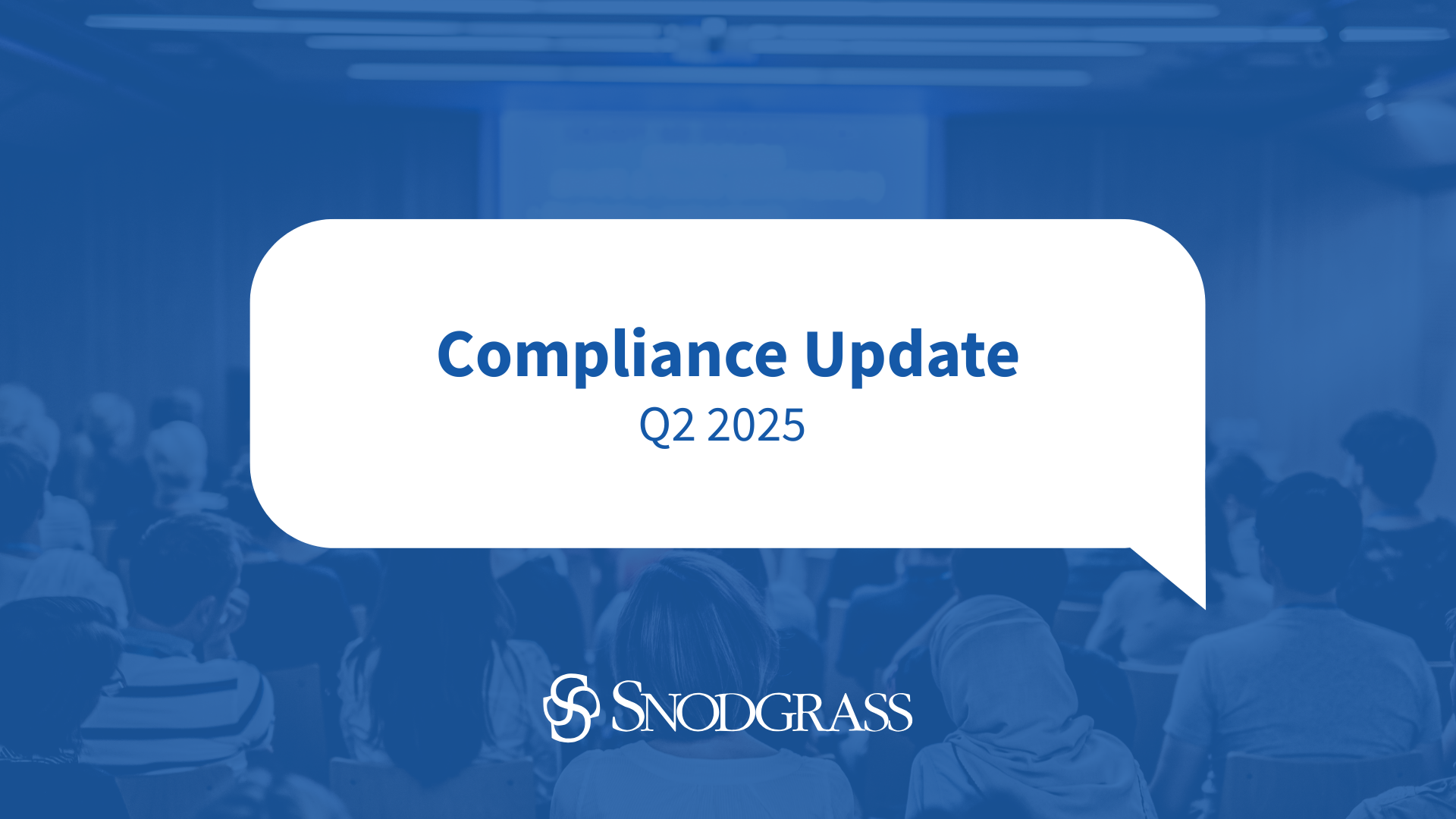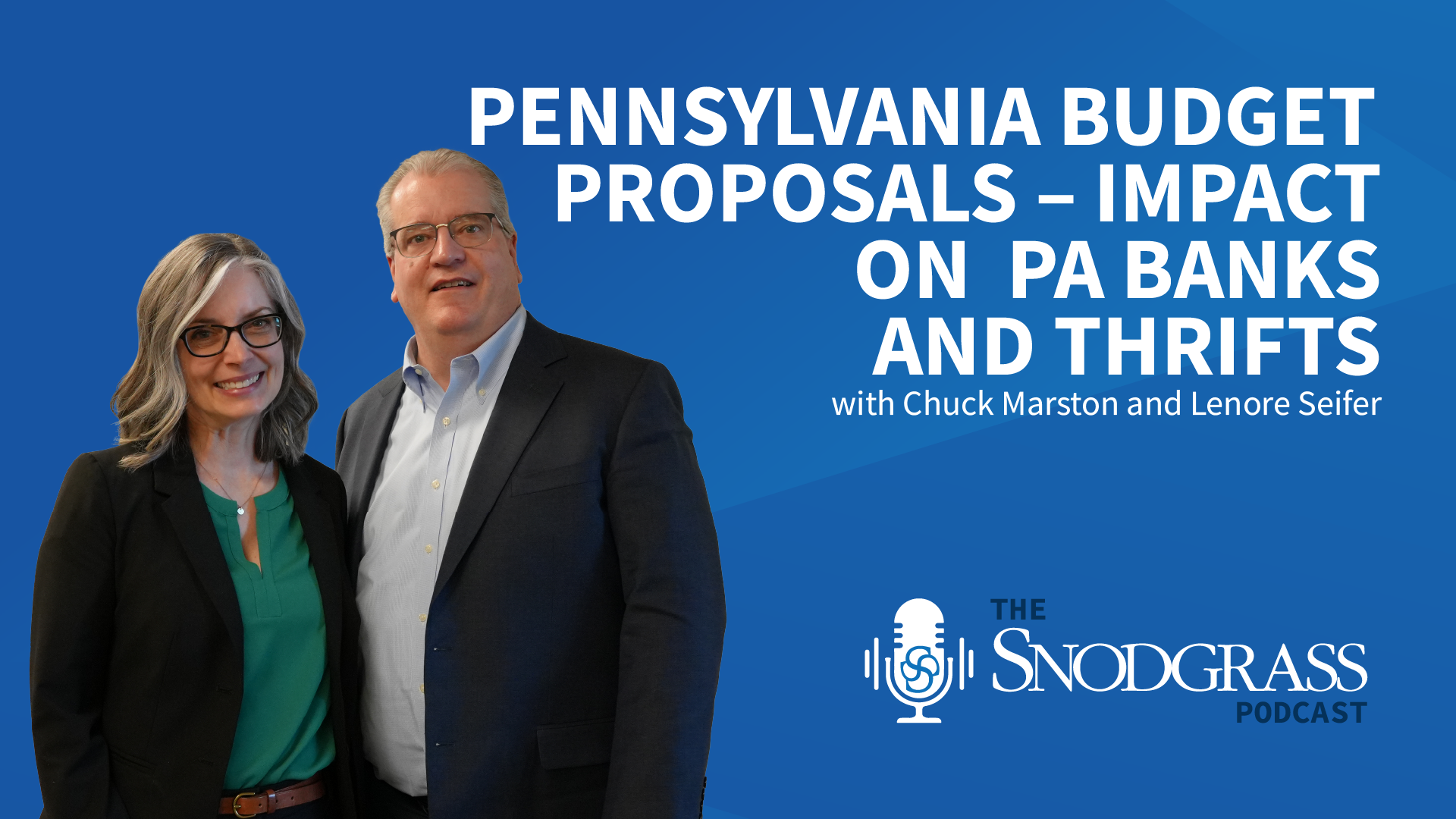The final 2021–2022 New York budget bill (the Bill), signed by Governor Cuomo in April 2021, includes several provisions that impact both individual and business taxes for the state of New York.
Corporate Tax Rates
The Bill increases the corporate franchise tax rate from 6.50 percent to 7.25 percent for companies with a business income tax base greater than $5 million. If the increased tax rate applies, 100 percent of the tax base is subject to the higher rate, not just the base in excess of $5 million. This increased tax rate is effective for tax years beginning on or after January 1, 2021, and before January 1, 2024. The Bill provides exceptions to this rate increase for qualified New York manufactures, qualified emerging technology companies, and small business taxpayers (defined under NYS Tax Law Section 210.1(f)).
Corporate Capital Base Tax
The business capital base tax was due to be completely phased out in 2021; however, the Bill has delayed this phaseout and given this tax an increased tax rate of 0.1875 percent for tax years beginning on or after January 1, 2021, and before January 1, 2024. The delay in the phaseout and the increased tax rate do not apply to qualified New York manufacturers, cooperative housing corporations, and small business taxpayers.
New Pass-Through Entity (PTE) Tax Election
The Bill creates a new optional PTE tax election available to partnerships and S corporations. If the election is made, the PTE pays a state income tax based on its level of PTE taxable income. The partners/shareholders of the PTE then receive a state tax credit for use when filing their personal income tax returns. This election can serve, in the right circumstances, to benefit the partners/shareholders subject to New York state income taxes that have been negatively impacted by the $10,000 federal limit on the taxes paid deduction created by the Tax Cuts and Jobs Act.
The PTE tax election can be made for tax years beginning on or after January 1, 2021, and is an annual election by the PTE that must be made on or before the date of the first estimated tax payment (March 15 for calendar year taxpayers). For the 2021 tax year only, the election is due by October 15, 2021, and there are no PTE estimated tax payments required. If the election is made, it is irrevocable for the given tax year, and a PTE tax return will be due by March 15 of the following year. The amount of the PTE tax will be based on the amount of PTE taxable income, with rates ranging from 6.85 percent for taxable income up to $2 million, 9.65 percent for $2 million to $5 million of taxable income, 10.30 percent for $5 million to $25 million of taxable income, and 10.90 percent for taxable income over $25 million.
Increase in Individual Tax Rates
The Bill replaces the top individual tax rate of 8.82 percent with three new rates, 9.65 percent, 10.30 percent, and 10.90 percent, for tax years beginning on or after January 1, 2021, and ending for tax years beginning on or after January 1, 2028.
Qualified Opportunity Zone Program Decoupling
For tax years beginning on or after January 1, 2021, the Bill decouples from the federal Qualified Opportunity Zone (QOZ) program benefits, which allow a taxpayer to defer and/or exclude certain capital gains from taxable income. In general, when arriving at New York taxable income, taxpayers will be required to add back any gain excluded for federal tax purposes under the QOZ program.
The information in this Update includes the more significant tax law changes included in the Bill. If you have questions on this information or regarding anything else in the Bill or how it may impact you, please contact Chuck Marston, Danelle Stewart, or Rich Pacella at cmarston@srsnodgrass.com, dstewart@srsnodgrass.com, or rpacella@srsnodgrass.com, or call us at 724-934-0344.
Posted 5/19/21



